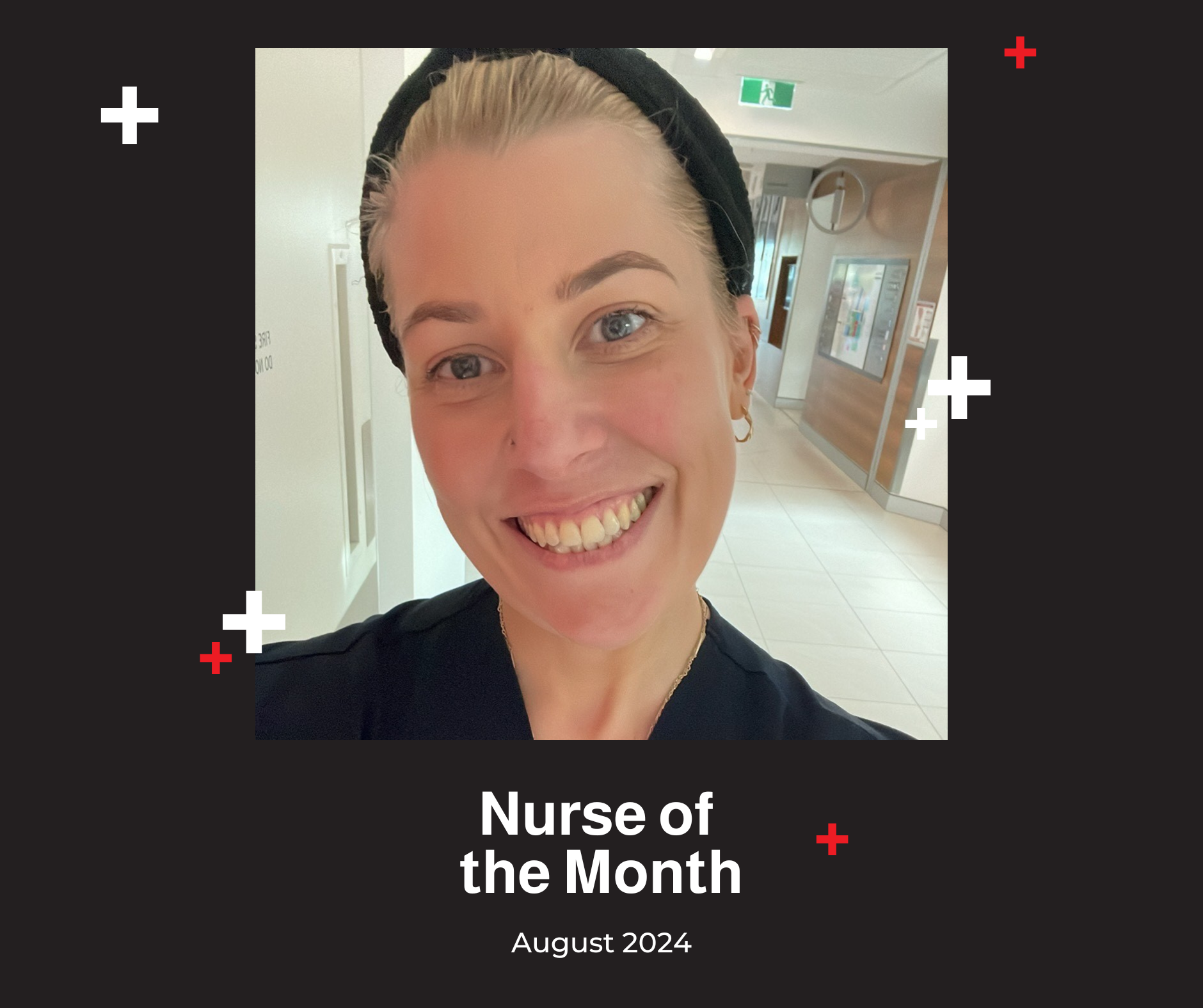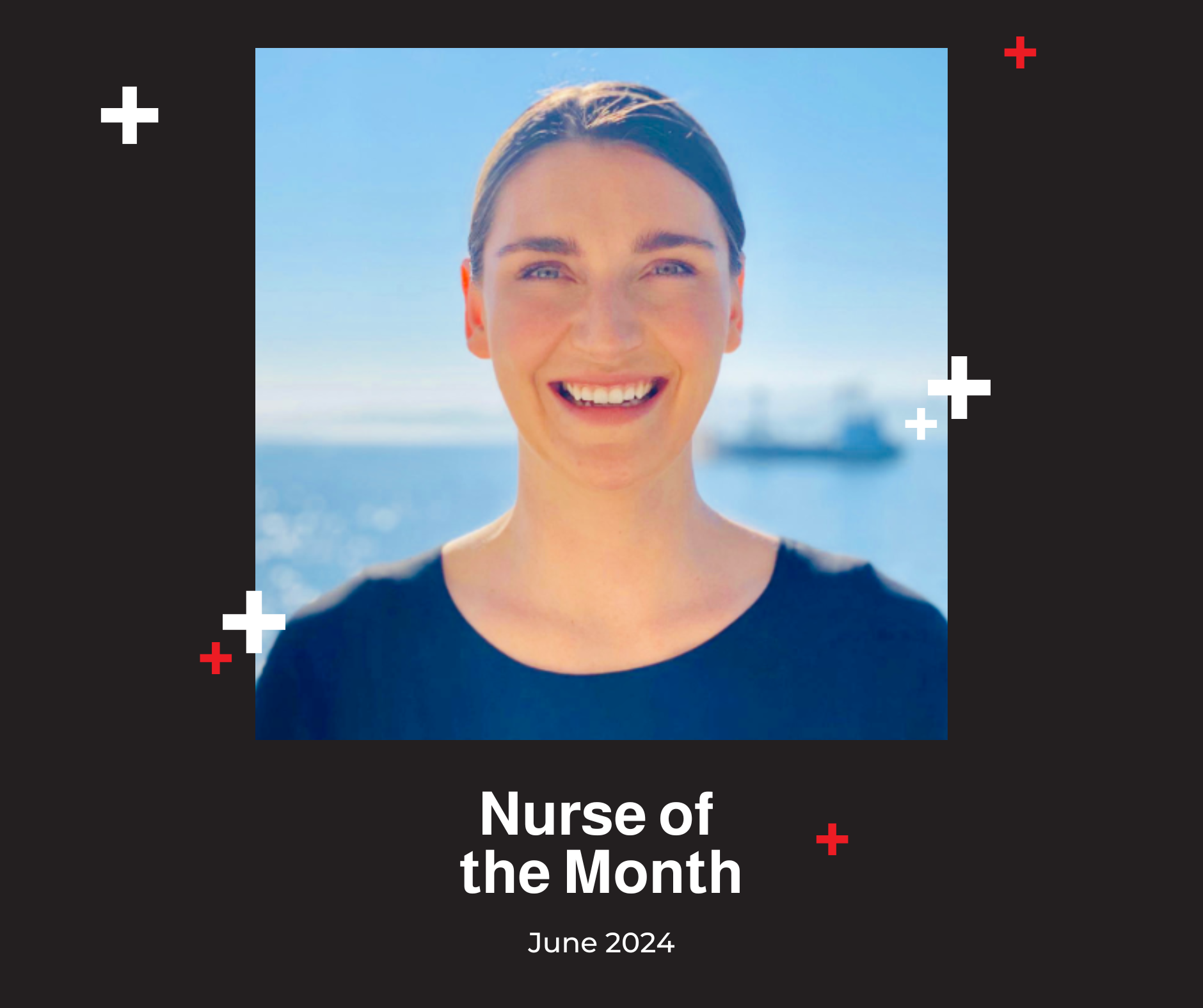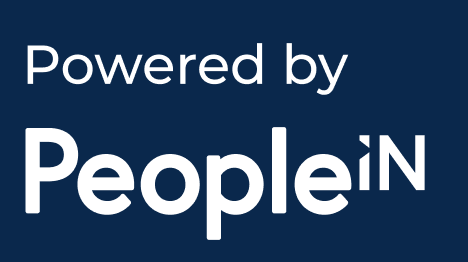7 courses and tips to level up your Rural and Remote training.

Training is essential for reaching the next steps in your nursing career. That’s why we’ve put together this list of 7 awesome courses and tips designed to help Rural and Remote nurses give their careers a boost. These courses are designed to help rural and remote nurses with the situations experienced, in rural healthcare facilities.
We’ve gathered a variety of opportunities you can take to boost your Rural and Remote career, gain CPD points, and have a good time while doing it. Check them out, here.
1. Remote emergency care (REC)
Want to respond to emergency situations with confidence, or need a refresher? This is the course for you. It’s designed to help Rural and Remote nurses develop the knowledge and skills required for Rural and Remote (R&R) emergency situations. Remote Emergency Care is a valuable skill set that enables individuals to provide life-saving medical care in challenging and often unpredictable environments where traditional healthcare resources may be unavailable or inaccessible.
This course is offered by CRANAplus. You can check it out at the link below.
https://crana.org.au/learning-opportunities/courses/remote-emergency-care
2. Maternity emergency care (MEC)
If you want to try your hand at maternity care, then the MEC course may be a great option. Maternity Emergency Care refers to the provision of emergency medical care specifically tailored to pregnant individuals and their unborn babies during pregnancy, childbirth, and the postpartum period.
Maternity Emergency Care is crucial for ensuring the health and safety of pregnant individuals and their babies, particularly in settings where access to obstetric services is limited or where emergencies may occur unexpectedly. By acquiring MEC skills, healthcare providers can effectively manage obstetric emergencies and contribute to better maternal and neonatal outcomes.
This is a course offered by CRANAplus and you can check it out at the link below.
https://crana.org.au/learning-opportunities/courses/maternity-emergency-care
3. Immunisation course
Upskill yourself through the Cunningham Centre’s Immunisation course. This course is recognised nationally by the Health Education Services Australia (HESA). You’ll receive a certification in immunisation and all the skills and knowledge necessary to safely administer vaccines across Australia.
This is a completely online course provided by the Cunningham Centre Nursing and Midwifery Education and Training (NMET) service. You can check it out at the link below.
https://www.health.qld.gov.au/cunninghamcentre/learn/immunisation-course
4. Pharmacotherapeutics
Learn more about the use of medication, the risks associated with them, and strategies to increase the benefits and minimise risks of treatment. This course will deepen and expand your knowledge of medication and its application in treatment so you’re able to utilise medications.
The course is offered by the Centre for Remote Health and is completely online. Check it out at the link below.
https://www.crh.org.au/online-courses/pharmacotherapeutics-for-remote-area-nurses-online
5. Advanced life support (ALS)
There’s a variety of Advanced life support courses available through multiple providers. Generally, an ALS is a requirement for all R&R contracts in Emergency settings, so if you haven’t undertaken yours yet, get started soon. It’ll open even more opportunities for work across the country.
Have a look around to find the best provider of an ALS course for your circumstances.
6. Country Health Service Triage Certification
If you’re looking to take up R&R opportunities in Emergency settings, then you’ll need a formal Triage Certification. It’s an essential qualification for any nurse seeking work in public health facilities, in the emergency department, or in a multipurpose facility.
This isn’t a training course. Rather it recognises your prior experience and training in triage. You’ll need at least 2 years of experience in an Emergency Department or Critical Care environment where your triage role is completed. So, if you’re looking to work in these roles ensure you gain the required experience and undertake any courses which upskill your triage knowledge.
7. Resus
If you work in an emergency setting, undergoing a resuscitation course is crucial. Working in an emergency department means being prepared to handle a wide range of medical emergencies, including cardiac arrest, trauma, respiratory failure, and other life-threatening conditions. A resuscitation course equips healthcare providers with the knowledge and skills necessary to initiate and lead resuscitation efforts effectively, potentially saving lives in critical situations.
By undergoing a resuscitation course you’ll acquire the knowledge, skills, and confidence needed to effectively manage medical emergencies and provide high-quality care to critically ill or injured patients.
Conclusion
Upskilling your knowledge and skills is essential to advancing your career in Rural and Remote nursing. Try out some of the courses provided to increase your qualifications and unlock new opportunities. You’ll find a lot more variety in the facilities you can work in and the roles you can fill. Add to that a mentor relationship with a senior nurse, and you can develop your abilities and knowledge faster to achieve your career goals.
For more tips around training, get in touch with us or check out our blog!
More articles





